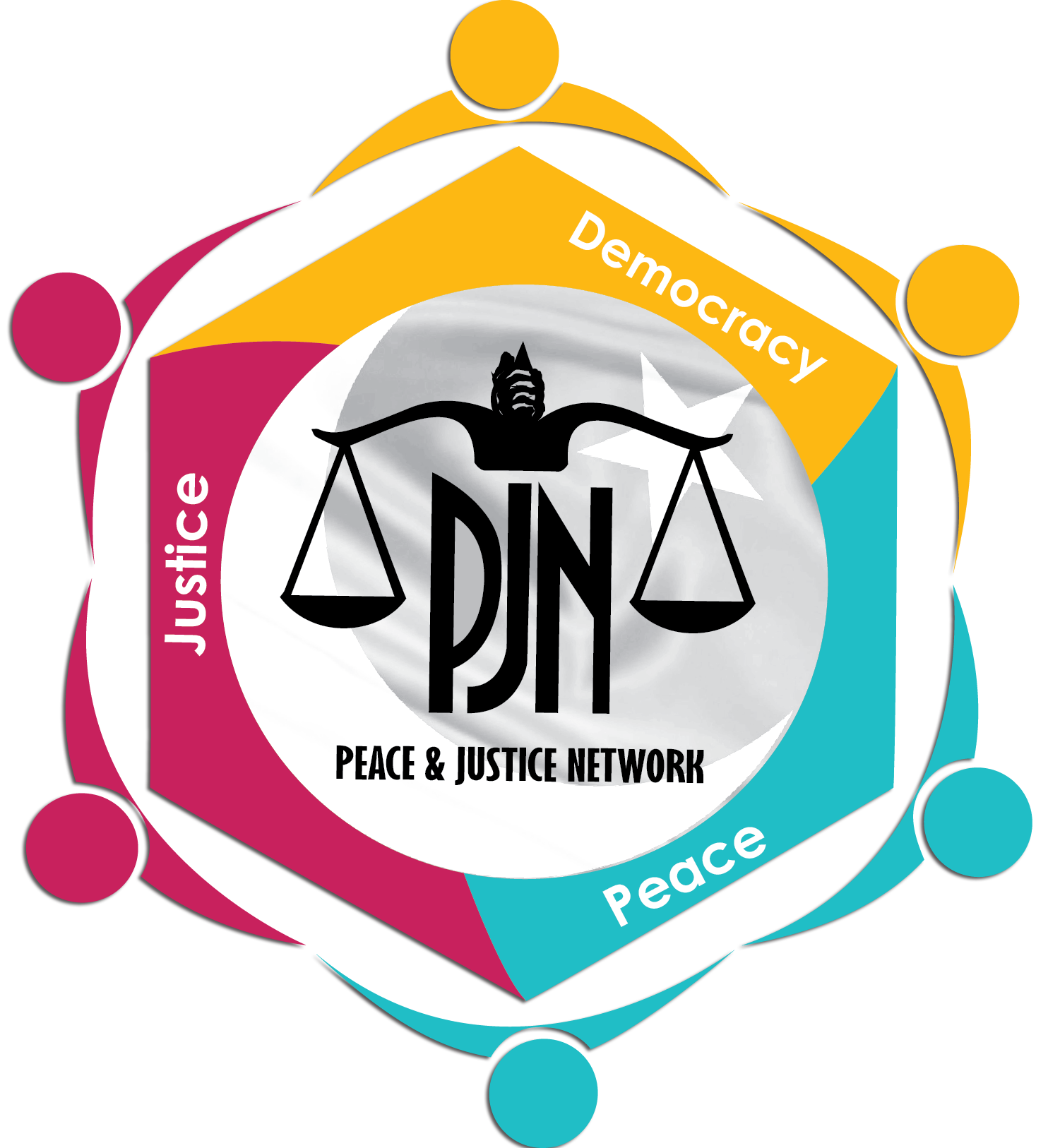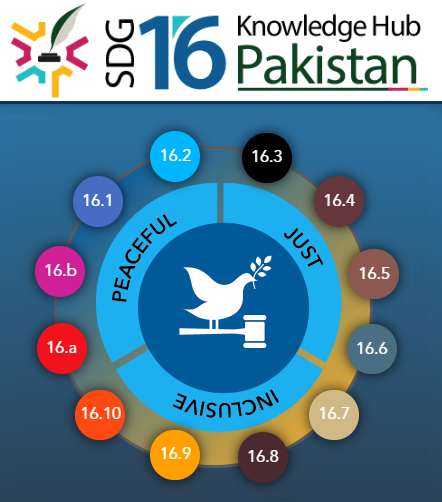

International Day for Judicial Well-being: A Global Call for Action (4 Mar, 2025)
Pakistan Ranks 129 out of 142 in the World Justice Project Rule of Law Index (26 Oct, 2024)
2024 Trafficking in Persons Report: Pakistan (24 June, 2024)
Pakistan ranks second-last in WEF Global Gender Gap Report 2024 (7 Mar, 2025)
Top court's powers extended to Gilgit-Baltistan, rules Supreme Court
.jpg)
Fri, January 18, 2019
The Supreme Court of Pakistan on Thursday, while giving a written order regarding the constitutional status of Gilgit-Baltistan (GB) and the grant of fundamental rights to its citizens, ruled that the powers of the top court also extend to the region.
The written order also states that no part of the 1973 Constitution of Pakistan can be abolished or amended without proper legislation.
A seven-judge larger bench headed by Chief Justice Saqib Nisar had on January 7 reserved its verdict regarding a set of petitions challenging the Gilgit-Baltistan Order, 2018, Gilgit-Baltistan Empowerment and Self Governance Order, 2009, as well as the right of the citizens of the area to be governed through their chosen representatives.
The Gilgit-Baltistan Order, 2018 was earlier opposed by protesters hailing from Khyber Pakhtunkhwa who demanded that GB should be declared a part of Pakistan instead of being administered through presidential orders.
The proposed reforms draft states that the federal government intends to grant GB the status of a provisional province, "subject to the decision of the plebiscite to be conducted under the UN resolutions", with all privileges provided by the Constitution.
The move, however, would require an amendment in the Constitution, which needs a two-thirds majority in the parliament and "would take time". Therefore, as an interim measure, the government plans to give such fundamental rights to GB residents as enjoyed by the people of any other province.
Today's order clarified that no changes will be made to the current state of Gilgit-Baltistan and Kashmir and that the constitutional status of these areas shall be determined through a referendum. It further said that this process should take place within 14 days.
The order said that India and Pakistan are responsible for giving more rights to the [people of] the areas under their control and until the referendum happens, Pakistan is bound to give Gilgit-Baltistan as many rights as possible. The order also pointed out that several administrative offices have already been created in the area under the Gilgit-Baltistan Order 2018.
Gilgit-Baltistan courts hold the right to review the law-making done by the Gilgit-Baltistan Council. However, these courts do not hold constitutional rights within Pakistan.
The people of Gilgit-Baltistan will be able to challenge the appellant court's decisions in the Supreme court of Pakistan.
The SC has also given the suggestion regarding changes to be made in the presidential ordinance and also clarified that the president of Pakistan can enforce the Order upon the proposal of the federation.
However, it has also been made clear that the 2018 Order cannot be amended. If the Parliament makes any changes to this order they can be "examined on the touchstone of the Constitution".
The order further said that the people of Gilgit-Baltistan have the same rights as the people of Pakistan.
Upon hearing the court's order, members of the Gilgit-Baltistan Bar Council thanked the chief justice and asked him for the order's Urdu translation to also be released.
Copyright © 2026 pjn.org.pk








